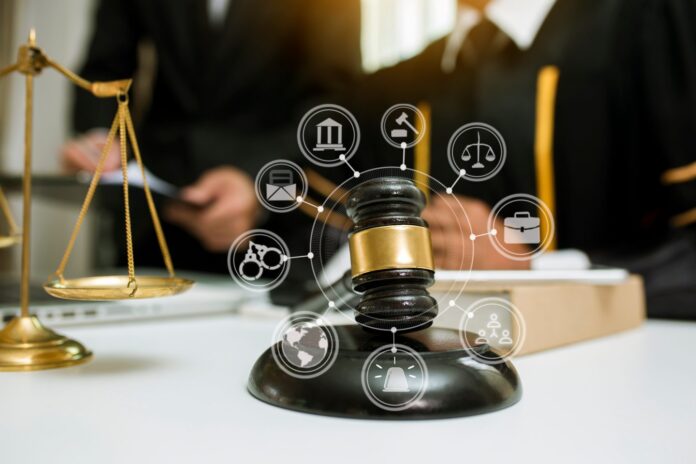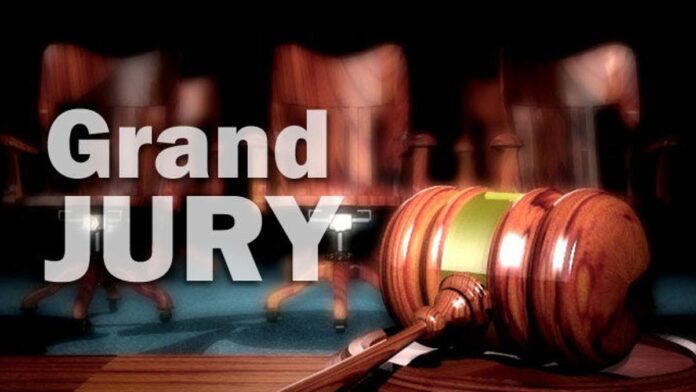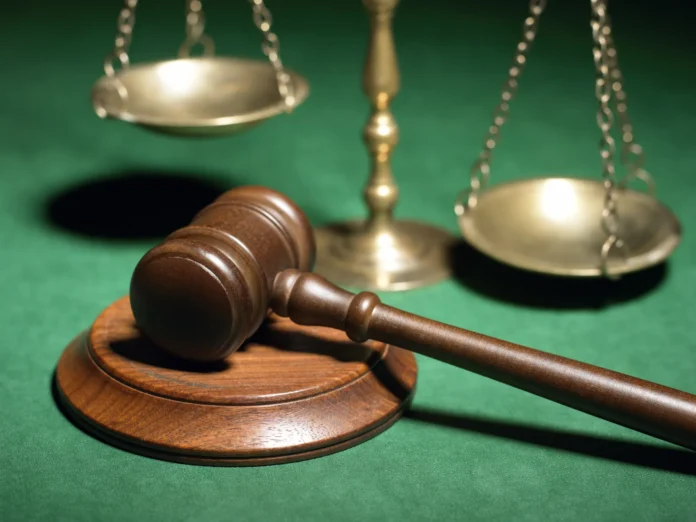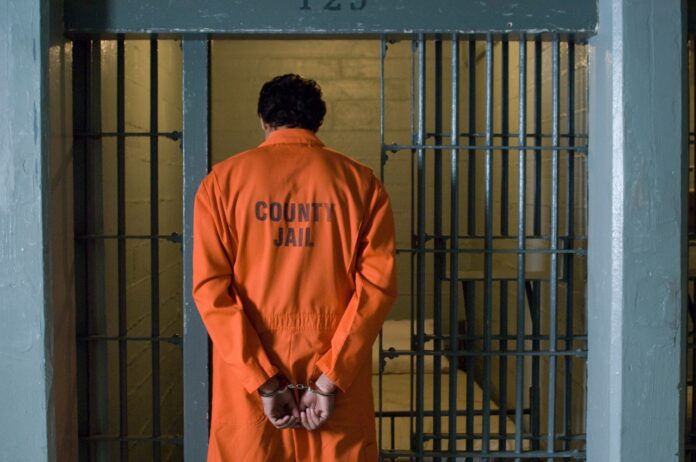If you have come across the term; charged or indicted, you probably be wondering how the two are different, right? Unfortunately, non-law graduates couldn’t understand a clear difference between being indicted and being charged.
According to US law, you are said to be charged with a crime when a federal prosecutor files charges against you. On the contrary, you are considered indicted when a grand jury files charges against you.
That was the basic difference between indicted vs charged. You can see further details on TheLawAdvisory. Now let’s move forward to the unique processes of each of them.
Indicted vs charged – How are the two different?
While both have a few things in common, the processes to file them are entirely different.
A charge is filed against a person by a prosecutor while an indictment is filed by a grand jury against the defendant. All the indictments that a grand jury files are charges, however not all charges can be indictments.
To make it simpler, a prosecutor can charge a person with a crime like DUI or assault. However, that wouldn’t require calling for a jury. Cases that involve grand juries are comparatively more serious and are either capital federal cases or federal cases.
How does a criminal charge case get started?

Generally, the case of a criminal charge starts with a submission of a police report. Then, the case prosecutor determines what criminal charges they can file. In some situations, the cases go through a preliminary hearing which decides if the case should be taken forward in the presence of available evidence. A criminal case can also get started when a jury issues an indictment.
1. Arrest report and Charges
After issuing an arrest report, it moves forward to a prosecutor, who then starts the case. The arrest reports sum up the events and provide details like date, time, location, and witnesses, leading to the criminal arrest.
2. The prosecutor also decides
- Whether the person should be charged or not and then files a ‘complaint’.
- Whether the case should be forwarded to a grand jury to decide what charges to file.
- Not to continue the case.
After the police make an arrest, they specify the crime details on which the arrest was made. They may ask the prosecutor for an additional charge. However, prosecutors will make the final call.
Typically, the defendant learns about the formal charges at his/her first appearance in court. However, prosecutors’ preliminary charges may change. For instance, the prosecutors will decide what charges to apply. They may also opt to wait until an initial hearing to make a final decision. The process starts after the arrest and could take a month or more.
Why is there a need for a Grand Jury?

There are certain severe alleged crimes, which always comes with a harsher punishment and fines. Moreover, there are certain differences with respect to charges at the state and federal level. This implies that it could either result in fine and death penalty. In addition to such harsh punishment and sentencing, each crime committed by the criminals often allows for additional charges later. This can be explained with an example as if someone who uses a computer or a firearm, the punishment can worsen.
Therefore, the one who adequately investigates such crimes are usually designated agencies which are appointed by the government. Some of the entities might include,
- (ATF) Bureau of Alcohol, Tobacco, Firearms, and Explosives
- Federal Property Crimes
- Interstate Commerce
- Constitutional Violations
- Federal Statute Violations
- Federal Bureau of Investigation (FBI)
- Drug Enforcement Administration (DEA)
- Immigration and Customs Enforcement (ICE)
- United States Parcel Service (USPS)
The grand jury serves as an intermediary who meets away from the public with the attorneys of both parties. The main role is to protect the identity of the accused person.
What is a preliminary hearing and how does it work?

A preliminary hearing, also called an evidentiary hearing, takes place after the issuance of a criminal complaint. It is a kind of mini-trial you can say to decide whether there is sufficient evidence against the defendant to proceed with the case.
Initially, the prosecutor gets to decide whether to file a complaint or present the case to a grand jury. If the prosecutor files a complaint, the defendant will appear for a preliminary hearing. However, if the case goes to a grand jury, no preliminary hearing takes place.
At the hearing, the prosecutor must show that there is sufficient evidence against the defendant to warrant a trial.
What happens when a case goes to grand juries?
The prosecutors must include the grand juries if the case involves a felony crime. Grand juries comprise randomly selected people and are somewhat similar to normal trial juries. The grand jury then goes through the case and available evidence to decide whether to indict the defendant.
Final outcome?

If there is enough evidence, the grand jury returns a ‘bill of indictment’ to justify the prosecution, or if no evidence is found, they return a ‘no bill’. Typically, if you are charged with a crime, then it is likely that you will be arrested on the spot. In addition to the above statement, after seeing the judge your bail is then set and you might have the opportunity to have it paid. But, with the indicated charges, you might already have bailed out, unless you violate the terms and conditions that can cause you more trouble in terms of bailing out. Therefore, you are required to make appropriate moves for getting the bail quicker from the court.
Conclusion
Indicted vs charged -what’s the key difference? a person is said to be charged when a prosecutor will file charges against him/her. On the other hand, if a person is indicted, the jury will file charges against him/her which will be more severe and lead to a formal notice against the defendant believing that they have committed a crime.









